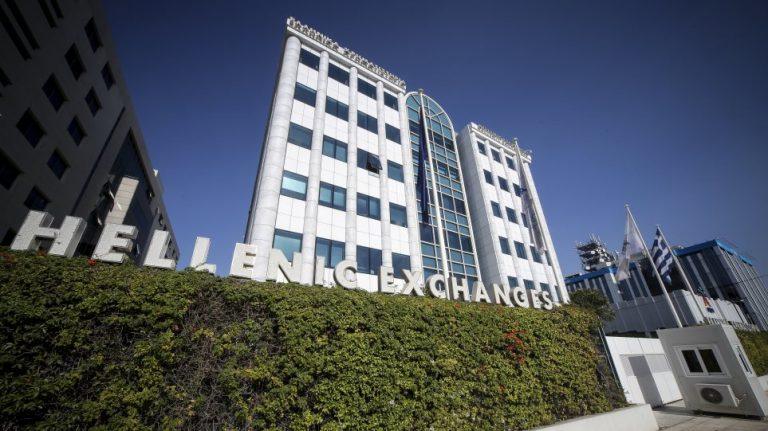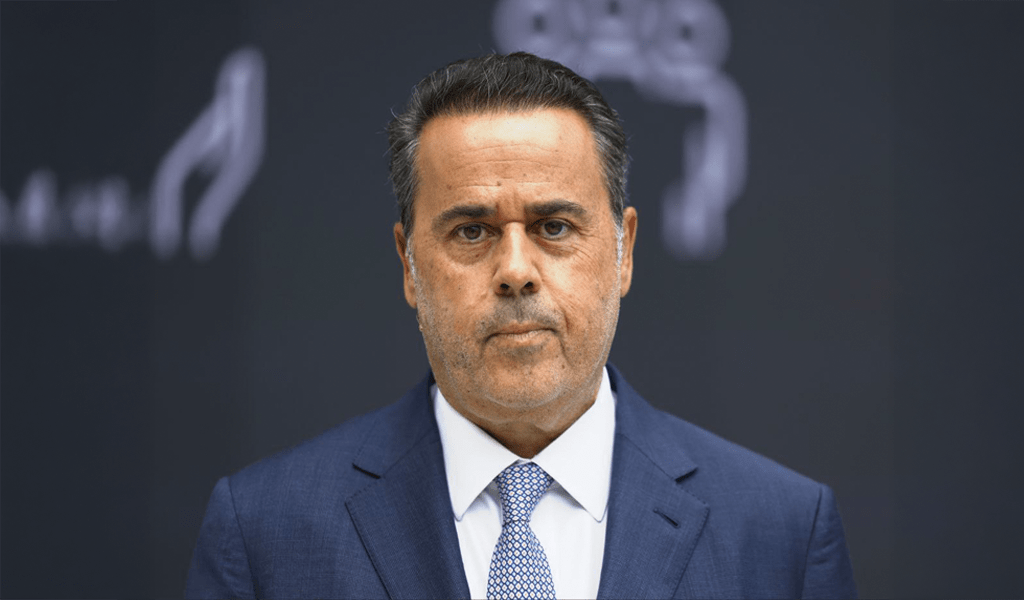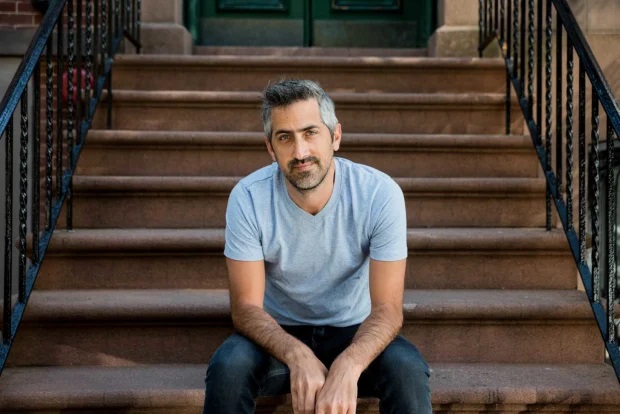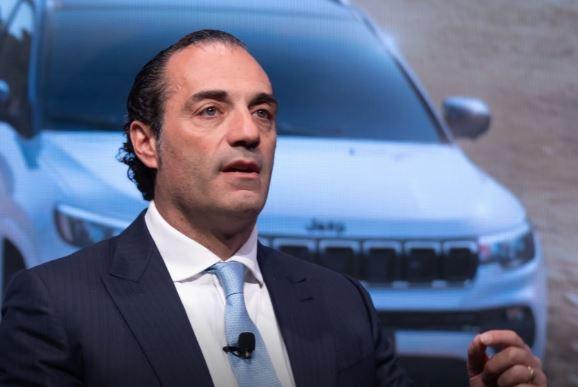Economic stability and security, a fair and friendly society and strong democratic institutions are perceived by young adults in Greece as the cornerstones for a quality life and a prosperous future.
This results, among others, from the Next Generation survey conducted by the Allianz Foundation in Greece, Germany, Italy, Poland and the United Kingdom.
As a general conclusion, young adults in all countries share a deep sense of anxiety about the future: 8 in 10 openly question whether their generation should have children, as they expect societies to become less sustainable in the coming years.
Like participants in other countries, young Greeks are concerned about the future of their country, with 66% pessimistic about it, and showing a lack of trust in the establishment and institutions as a whole.
“Young adults in Greece share common views and beliefs with young people in the other four countries,” commented Dr. Simon Morris-Lange, Head of Research at the Allianz Foundation. “The majority of young people feel that their societies are becoming less equal, less safe and more divided, and they are demanding a say in how these issues are addressed. Almost three in four strongly agree that a strong welfare state and an independent judiciary should be the foundation for future societies, and they place a high priority on strong democratic institutions. Also, young Greeks are worried about fake news and the manipulation of the media, but also about the erosion of the justice system”, he concluded.
What is most important for the future of young Greeks
Young adults in Greece express more emphatic priorities than young adults in the other countries surveyed, focusing on child-friendliness, high-paying job opportunities, and strong economic growth as essential to daily living and economic viability. They also see climate friendliness and low inequality as very important to the future they want to live in.
Lack of trust in democratic institutions and a higher level of social participation
In Greece, young people have a very low level of trust in government and the media, with only a third (as opposed to an average of 45%) believing that their government will take the lead in solving social and environmental issues.
This belief has led many of the young people to participate in protests, more so than in other countries surveyed.
On top of that, 38% show a very high distrust of politicians (compared to an average of 20% across countries) and an impressive 58% are completely convinced that the media promotes and serves their own interests rather than recording and to present the facts.
Also, young Greeks seem to be proactive towards social problems and labor issues, with a higher percentage than their peers in the rest of the countries taking individual actions, such as adjusting the use or consumption of energy, defending labor issues (58% vs. 44% on average) or even choosing or changing their workplace for ethical reasons (37% vs. 22% on average).
Donating money or goods (78%) and boycotting socially and environmentally irresponsible products (54%) are also found more regularly in Greece than in the whole sample (63% and 45%, respectively).
In conclusion, to the question of whether young adults are really the ‘shapers of tomorrow’, the answer is potentially yes, but they cannot change the course of societies on their own. Young adults are demanding that civil society and its public and private funders take their concerns and barriers more seriously than is the case today.
Esra Kücük, CEO of the Allianz Foundation said: “Our research shows that young people in Europe are particularly worried about the future. At least two-thirds of respondents have already changed their daily habits, for example, become more sustainable consumers, and around half are ready to commit even more to a fair and green future. This direction hides huge possibilities! However, many of them are hesitant and simply don’t know how to get involved. And this is exactly where policymakers and civil society come in, who are called upon to restore trust and create pathways that will enhance youth participation.”

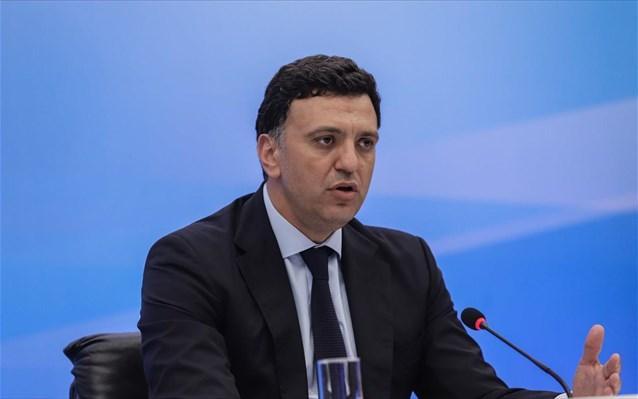





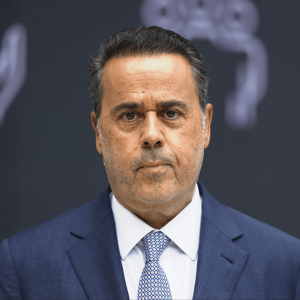





![Airbnb: Πάνω από 90% οι πληρότητες για Χριστούγεννα και Πρωτοχρονιά [πίνακας]](https://www.ot.gr/wp-content/uploads/2025/12/ot_airbnb_christmas.jpg)

